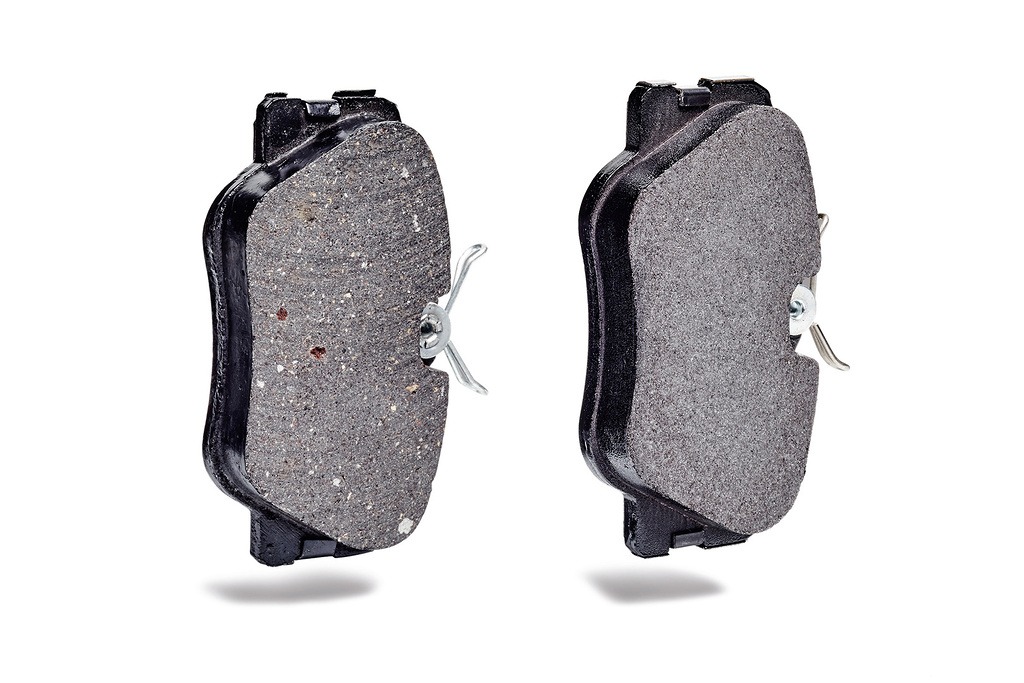Carmakers and suppliers tackle counterfeit parts as online sales increase
02 August 2021

Fake automotive products can risk the safety of drivers and other road users. They can also impact the environment and cause premature breakdowns. However, COVID-19 saw a rise in the online sale of counterfeit products, prompting the automotive industry to fight back.
Daimler, for example, is continuing its push against counterfeit aftermarket parts. The carmaker is concerned about the risk to drivers and other road users posed by fake items. Last year, Daimler focused its attention on safety-related products, such as fake brake discs or wheels. These critical components are highly regulated, having to pass stringent checks before being approved for sale. It is unlikely that counterfeit products undergo the same testing procedures.
Last year, Daimler saw over 1.7 million counterfeit products bearing its branding confiscated, while the carmaker initiated and supported over 550 raids by authorities. Despite the challenges posed by COVID-19, this was an increase over the previous year, although numerous raids were postponed due to local lockdowns and courts not sitting as a result.
Higher margins
According to the OEM, product pirates invest a tremendous amount of energy in the trade of fake automotive parts. According to a report by trade association Unifab, these groups often achieve higher margins through counterfeit goods than with drugs .
‘In many cases, the goods sold by organised counterfeiters are produced in inhumane conditions without any consideration for environmental standards, workplace safety or human rights,’ the carmaker stated.
The pandemic has only helped counterfeiters, highlighting the benefits of online channels as more and more shoppers moved to digital platforms to purchase parts.
‘We have adapted our brand protection strategy and increased our activities to combat counterfeiting in online trading,’ said Florian Adt, head of legal product intellectual property at Daimler. ‘All in all, we were able to have 138,000 fake products removed from online platforms. This is around three times as many as during the same period before the pandemic.’
Market push
Daimler is not alone when it comes to fighting fake automotive parts, as many manufacturers are fighting to protect both their customers and their intellectual property. Toyota, for example, offers the chance for customers to report any counterfeit aftermarket components they come across directly to the company. The manufacturer shares examples of real and fake products on its website while also using videos to highlight the differences.
‘Fake parts are both a safety and a financial hazard,’ the carmaker states. ‘Toyota is working hard within its network and with customs and border control to help eliminate from the market counterfeit products using the Toyota name.’
Meanwhile, the aftermarket community itself is also increasing efforts to raise awareness. Earlier this year, aftermarket supplier Denso won a lawsuit against two companies selling diesel injectors bearing its branding in Russia. The company sued counterfeit manufacturers Dieselkam LLC and entrepreneur Evgeny Valerievich Drannikov, who operate under the Truck Diesel Service brand.
The court prohibited the sued companies from using the Denso trademark and ordered them to pay ₽6 million (€67,000) in compensation. Denso’s experts estimate the annual turnover of counterfeit products bearing its brand on the Russian market is about €1 million.
In a report published by the UK government last year, the Independent Automotive Aftermarket Federation (IAAF) highlighted that supply-chain disruptions had opened the door to more fake components flooding the market.
‘The COVID-19 pandemic has created an extraordinary environment this year, in which all market players have been forced to adapt to the crisis and in many cases adopt different ways of operating,’ the organisation stated. ‘Some of these may be new and untested, and as a result, the IAAF is concerned that, because of possible parts supply-chain disruptions, garages and motorists may resort to sourcing parts through alternative channels, which leads to an increased risk of counterfeit parts entering the market. With online usage increasing dramatically during the pandemic, the risk of fraudulent products being available online is growing.
‘It is important, particularly during the coronavirus pandemic and beyond, that the supply chain remains in close communication to ensure the effective supply of parts and equipment. Garages are liable for any parts they fit and must be aware of the origin of the parts they are using.’
Pollution issues
It is not just an issue of safety but also pollution when it comes to counterfeit parts. Many components undergo type approval to ensure they are up to standard before being sold. These checks include looking at the emissions output of both items and materials used depending on the component.
A fake catalytic converter, for example, may not use some of the precious metals required to ensure vehicle emissions are converted into less harmful gases. These metals are highly priced, and counterfeiters can achieve large profits by selling fake components at a standard price without the outlay in materials.
Counterfeit brake pads can lead to pollution too. In their manufacturing, suppliers need to use certain types of friction materials. Even now, these resources are under scrutiny for their particulate output. Fake items will likely not be made of high-quality materials, and an increase in particulate emissions will be bad for both the planet and public health.